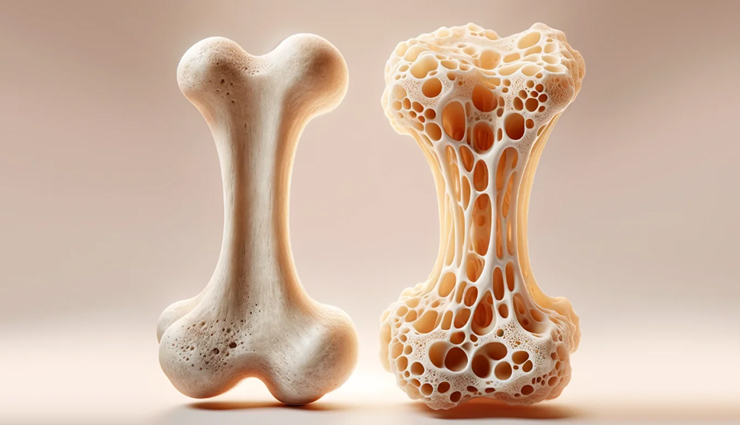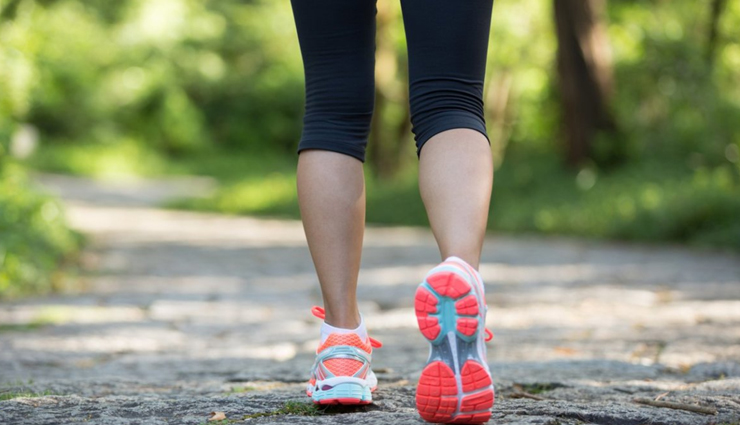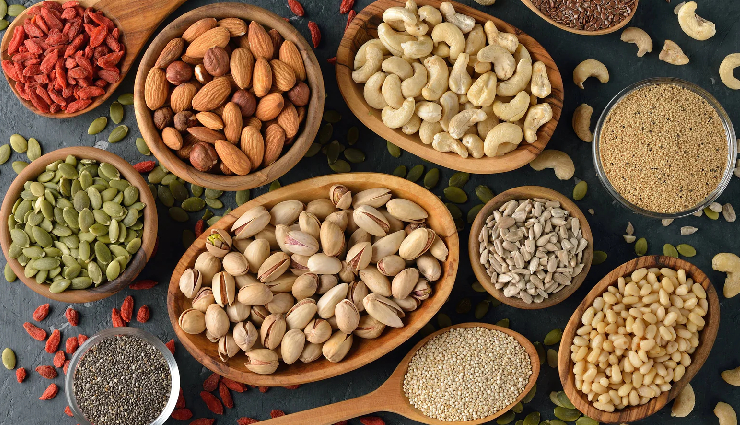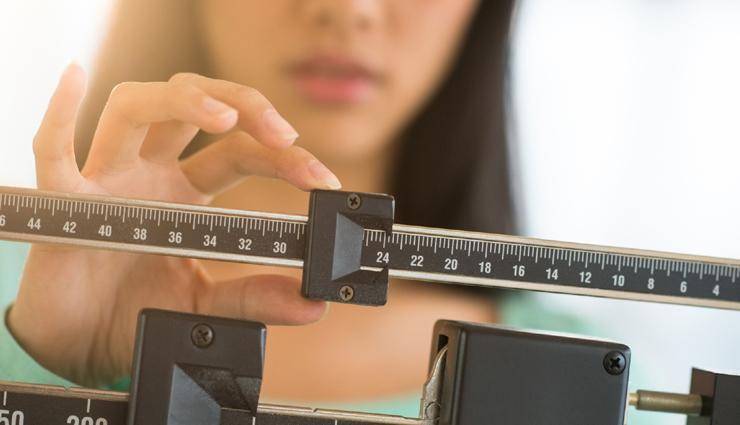- Home›
- Healthy Living›
- 10 Must Try Home Remedies To Increase Bone Density
10 Must Try Home Remedies To Increase Bone Density
By: Priyanka Maheshwari Tue, 04 June 2024 11:55:46

Bone density refers to the amount of bone mineral density (BMD) present in bones. It's a measure of the strength and thickness of bones and is crucial for overall skeletal health. Higher bone density indicates stronger bones, while lower bone density may indicate bone weakness or conditions like osteopenia or osteoporosis.
Bone density is typically measured using a specialized imaging technique called dual-energy X-ray absorptiometry (DXA or DEXA scan). This non-invasive procedure measures the amount of mineral content, primarily calcium, in a specific area of bone, usually the hip or spine. The results are usually reported as a T-score, which compares an individual's BMD to the average BMD of a healthy young adult of the same sex. A T-score of -1.0 or above is considered normal, while a T-score between -1.0 and -2.5 indicates osteopenia (low bone density) and a T-score of -2.5 or lower indicates osteoporosis (severely low bone density).
Maintaining or improving bone density is important for preventing fractures and maintaining overall skeletal health, especially as we age. Factors such as diet, physical activity, genetics, hormonal balance, and certain medical conditions can influence bone density. Strategies to improve bone density typically involve lifestyle modifications, dietary changes, weight-bearing exercises, and sometimes medications prescribed by healthcare professionals. Regular monitoring of bone density through DXA scans can help assess bone health and guide treatment decisions.

# Calcium-Rich Diet: Consume foods high in calcium such as dairy products, leafy greens (like kale and spinach), almonds, tofu, and sardines. Calcium is essential for bone health.

# Vitamin D: Ensure adequate vitamin D intake, as it helps the body absorb calcium. You can get vitamin D from sunlight exposure (about 10–30 minutes a day), fortified foods, and supplements.

# Weight-Bearing Exercise: Engage in weight-bearing exercises like walking, jogging, dancing, or weightlifting. These activities help stimulate bone formation and increase bone density.

# Strength Training: Incorporate strength training exercises into your routine to build muscle and strengthen bones. Use resistance bands, dumbbells, or bodyweight exercises like squats and lunges.

# Quit Smoking and Limit Alcohol: Smoking and excessive alcohol consumption can negatively impact bone health. Quit smoking and limit alcohol intake to support bone density.

# Reduce Caffeine Intake: High caffeine intake may interfere with calcium absorption. Limit your consumption of caffeinated beverages like coffee, tea, and soda.

# Ensure Sufficient Protein: Protein is essential for bone health as it provides the building blocks for bone tissue. Include protein-rich foods like lean meats, poultry, fish, beans, and legumes in your diet.

# Eat Foods Rich in Magnesium and Vitamin K: Magnesium and vitamin K are important for bone metabolism. Include foods like nuts, seeds, whole grains, and leafy greens to ensure an adequate intake of these nutrients.

# Maintain a Healthy Weight: Being underweight can increase the risk of osteoporosis, while being overweight can strain the bones. Aim to maintain a healthy weight through a balanced diet and regular exercise.

# Bone-Building Foods and Herbs: Some foods and herbs are believed to support bone health, such as bone broth, seaweed, and herbs like horsetail and nettle. While evidence is limited, including these foods in your diet may offer additional benefits.





